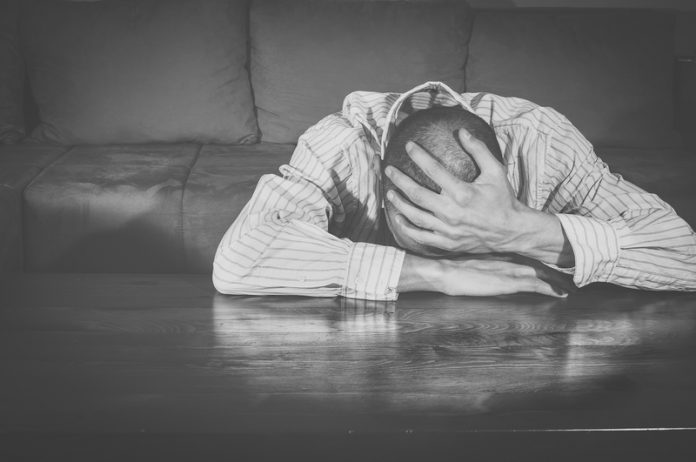Veterans are experiencing loneliness and social isolation according to a large study published today in the Journal Occupational Medicine
The researchers analysed 17 peer-reviewed research papers and found that loneliness is commonly experienced by veterans, with one particular study finding that almost half of its 2025 respondents were reporting it.
Loneliness and social isolation are linked to poor physical health. People experiencing loneliness are at an increased risk of high blood pressure, cognitive decline, depression and even death.
The study found that older veterans, veterans with functional limitations and those who had experienced traumatic events were the most at risk. With almost all ex-service personnel experiencing some difficulty in making the transition back into civilian life following their military service.
Loneliness was also found to be contributing to the development of depression. Veterans who had required inpatient treatment for a mental health condition were five times more likely to be readmitted to hospital if they were at a high risk of social isolation.
Loneliness and social isolation were linked to suicide attempts, with loneliness being the most common trigger for veterans reaching crisis point and turning to a crisis hotline.
Loneliness occurs when a person feels they are isolated and where there is a difference between the social relationships they have compared to the social relationships they want. Social isolation is an impartial judgement that somebody’s social relations and social networks are lacking. The study authors feel that there needs to be more emphasis on researching social isolation and loneliness in the veteran population.
There are campaigns to tackle loneliness but most focus on the general older population. The researchers are hoping that this research will highlight the issue of loneliness and that it will help to design interventions to tackle the problem.
Study author Dr Gemma Wilson, Research Fellow at Northumbria University said: “Loneliness and social isolation are important for our physical and mental health. Social isolation is not solely about social well-being, we must also consider physical and psychological aspects when aiming to address this issue.
“This research has indicated that veterans can experience loneliness and social isolation differently to the general population based on their experiences during military services.
“There are some community support programmes which acknowledge the need to address social isolation and loneliness in veterans, such as the Royal British Legion’s Branch Community Support programme. Moving forward there should be an emphasis on examining the needs of veterans in order to tackle loneliness and social isolation in this community.”











